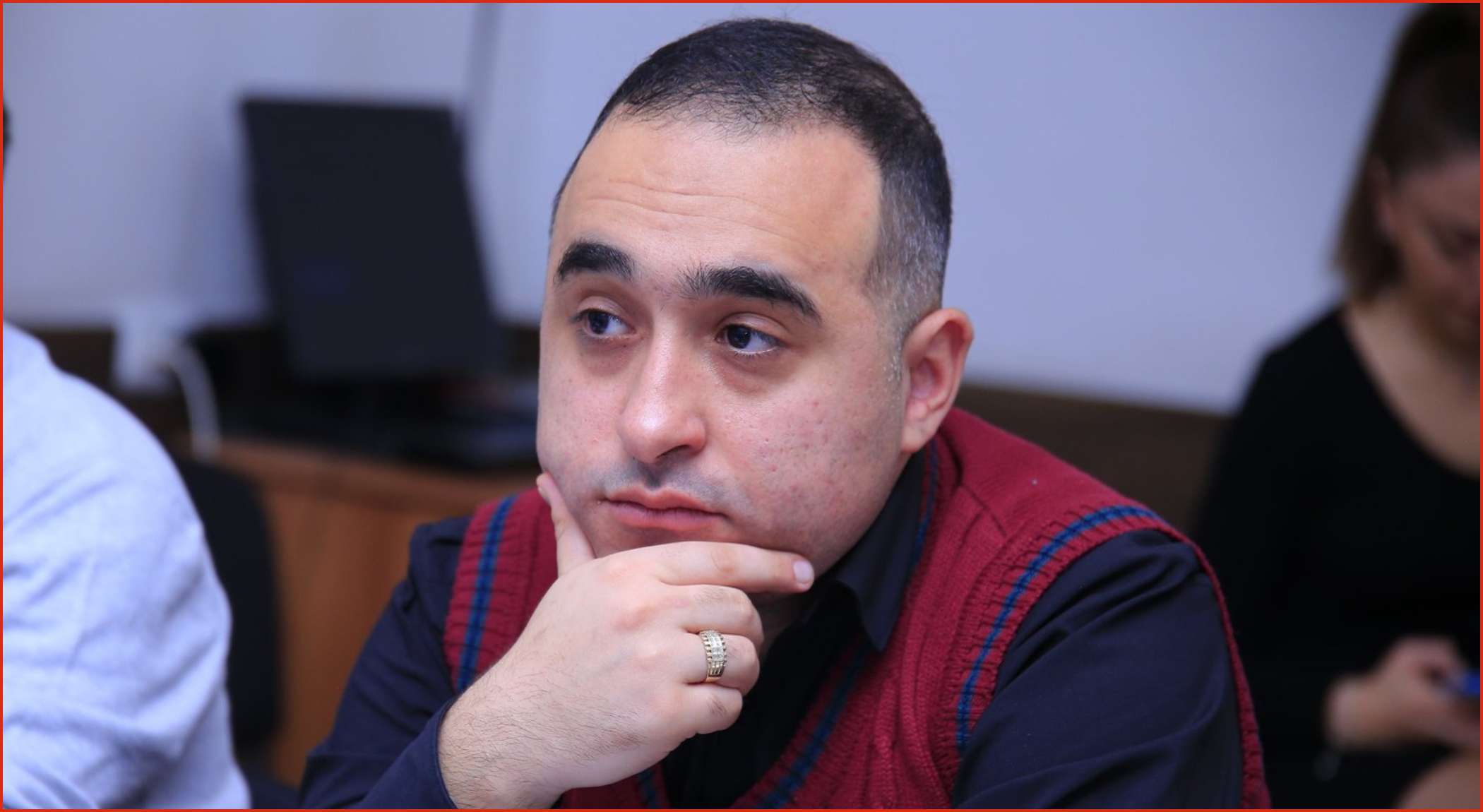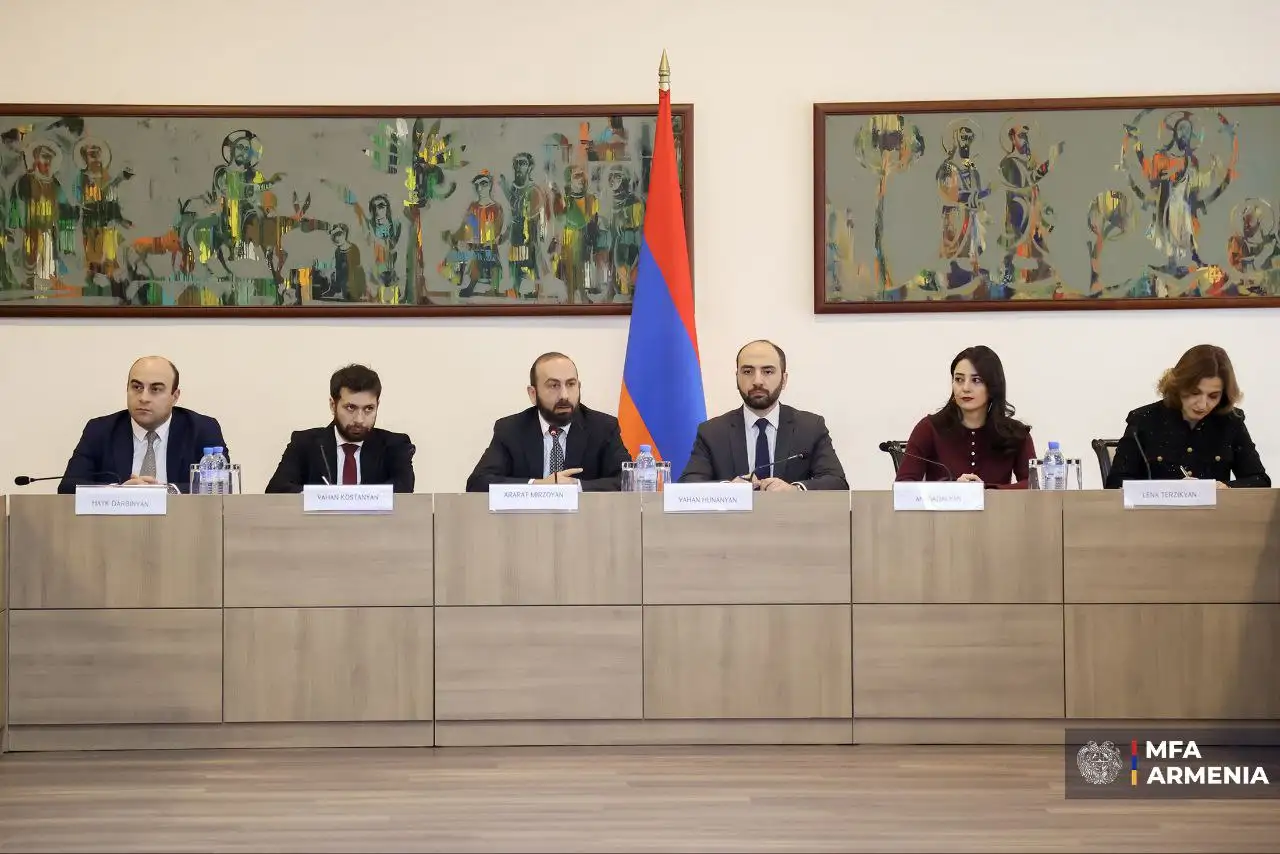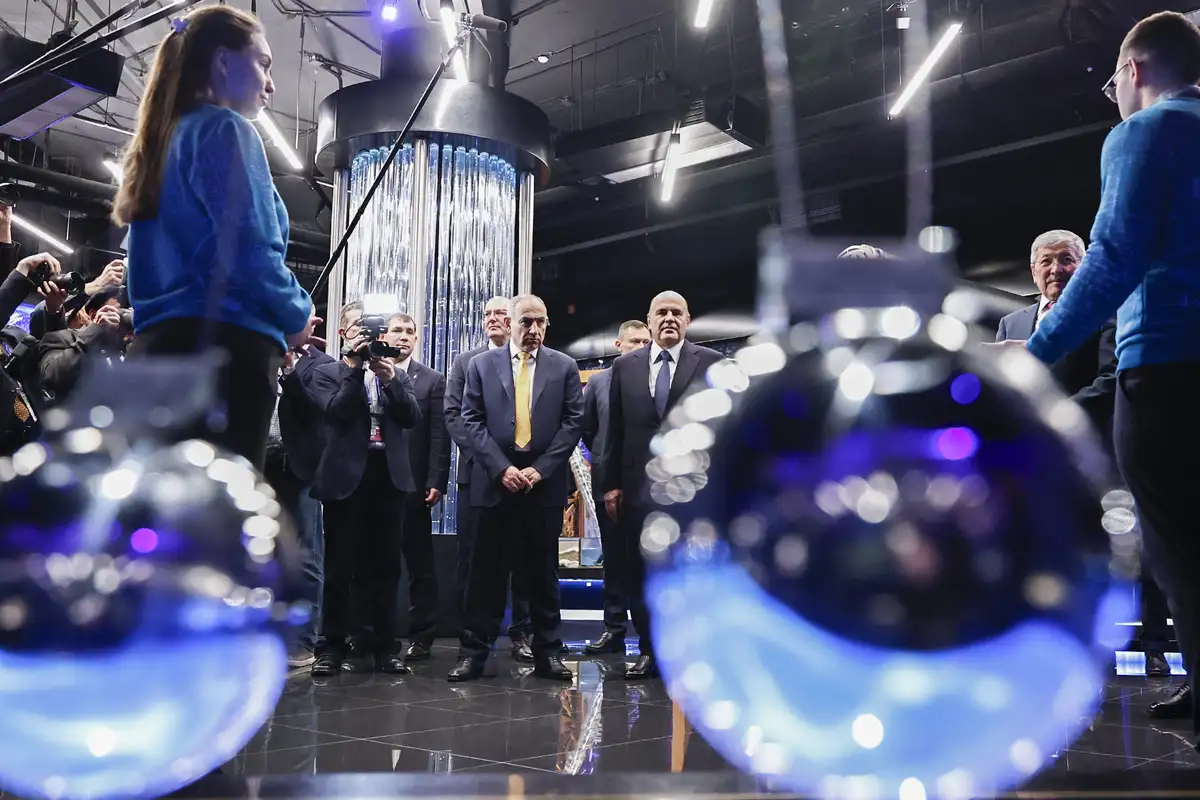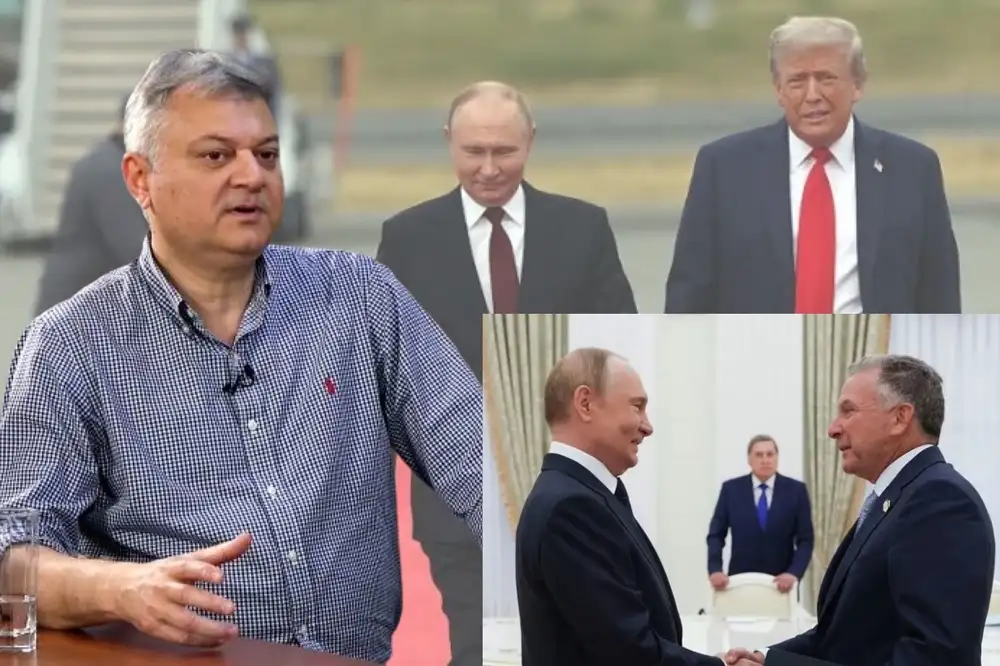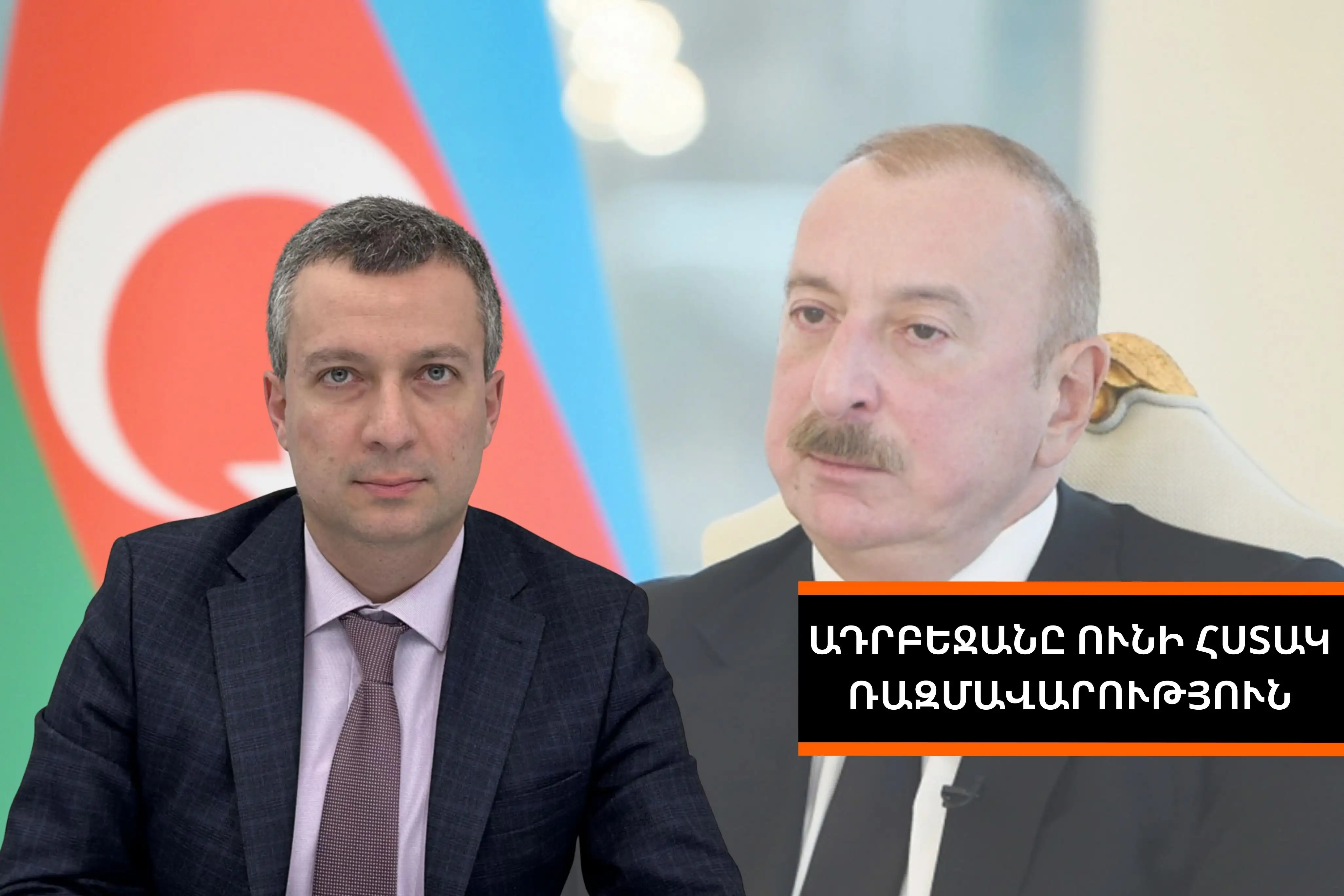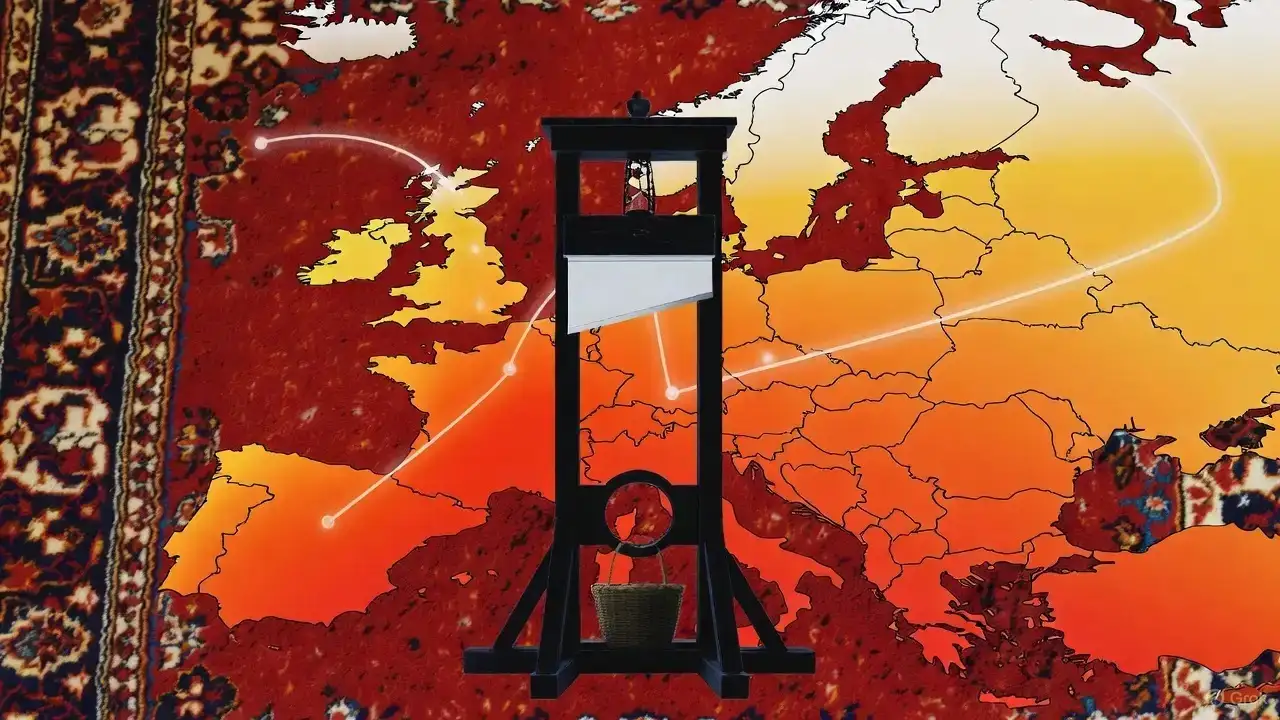Radar Armenia talked with Artashes Khalatyan, an associate expert of the Institute of International Relations and a jurist, about the geopolitical developments and the situation in Artsakh.
- The tripartite meeting of the foreign ministers of Armenia, Azerbaijan, and Russia did not occur last week; it was previously mentioned that another session of the three countries' leaders was planned before the end of the year. Still, today Russia officially announced that such a meeting is not scheduled in St. Petersburg. Does the Russian side fail to organize a forum, or is there another reason?
- In general, meetings at the highest level occur when an appropriate agenda is formulated at the level of foreign ministers, which the country's leaders must finally discuss. But for obvious reasons, a tripartite meeting at the level of the Foreign Ministry did not occur; naturally, there should not have been a meeting at the group of the countries leaders. As for the fact that Russia could not or did not want to organize a meeting, I already mentioned that the discussion becomes meaningless if there is no agenda. Here is the moral position of the Armenian authorities. As RA Foreign Minister Ararat Mirzoyan said in his reply to Lavrov, it is impossible to negotiate under threat. The reasoning related to the Lachin Corridor is Armenia's position, and Nikol Pashinyan should have defended that position. Therefore, as long as the issue of unblocking the Lachin Corridor is not resolved, it is normal and correct for Armenia that a tripartite meeting with the representatives of Azerbaijan cannot take place
- There was a large rally in Artsakh yesterday. What was its political message, and what issue did it solve, considering that the Lachin Corridor is still closed?
- The significance of the rally should be divided into two parts. First, the people sent an important message to the world that they are the owner of their collective political rights and are a whole subject of self-determination. The joint presence of Artsakh people in Stepanakert square was a message and a fundamental impulse to both friendly and non-friendly countries. We noticed that there was no flag of any foreign country, which is again very positive and emphasizes the competent subject of the Artsakh people. And the banners in the hands of the demonstrators showed the realization, strength, and importance of the Armenia-Artsakh-Diaspora trinity. Of course, there are certain reservations regarding the organizers of the rally and Minister of State Ruben Vardanyan. There was a message crossing the red line: to separate Artsakh from Armenia, ignoring the efforts made by Armenia to unblock the Lachin Corridor. It was an impression that an attempt was being made to present Artsakh as a besieged fortress with no friends except Russia. We see a particular gap or differentiated approach in the ideas of rally participants, organizers, messages, and the significance of the rally. And here, there is an important nuance. Ruben Vardanyan spoke about extending Russia's peacekeeping mandate with the international community's efforts. A call statement was sent on behalf of the people, where two subjects were highlighted as responsible for the issue of Artsakh. Artsakh authorities and the Russian peacekeeping mission. This shows that with its politics, Artsakh today is somewhat different and opposed to the politics of Armenia. Armenia is leading a policy of internationalizing the Artsakh issue, and Artsakh, on the contrary, the leadership of Artsakh, in this case at the level of the Minister of State (although Arayik Harutyunyan and Davit Babayan have a similar position), is leading a policy of localization of the Artsakh issue, of enclosing it in the domain of Russia.
- If we do not go to negotiations, and you also agree with the government's assertion that it is impossible to negotiate under threats, how do you see the outcome of the situation created in the Lachin Corridor?
- Negotiations in a public format, as such, are only possible today if the preconditions for unblocking the Lachin Corridor are formed. Today, they are exclusively in the international legal domain. If you go to negotiations without such legal prerequisites, you seem to tacitly accept that the issue of the Lachin Corridor can be a subject of political bargaining. It is essential that the case came to the UN Security Council; we had the decision of the ECtHR to apply an intermediate measure, thanks to which medicine and food products enter Artsakh through the mediation of the Red Cross. Here we have a clear violation of international law, a policy aimed at its deprivation, and a genocidal policy by Azerbaijan. This is not an issue that can become the subject of political negotiations. Azerbaijan is pursuing the following procedure: creating artificial problems contrary to the letter of the tripartite declarations. Then, to eliminate these problems, new concessions are extracted from Armenia: ceding Karvachar and some regions, ceding the road to Goris, the cases of Hin Tagher, Khtsaberd, Parukh, etc. Ideally, Armenia has decided not to give in to provocations, realizing that they are traps and deceive the whole essence of the negotiation process, imposing new obligations on Armenia that do not follow the tripartite statement of November 9, 2020. The issue of the Lachin Corridor should be resolved solely as a result of international pressure, as an unconditional demand for Azerbaijan to unblock the corridor. Only after that you can start negotiations with Azerbaijan.
Hayk Magoyan




